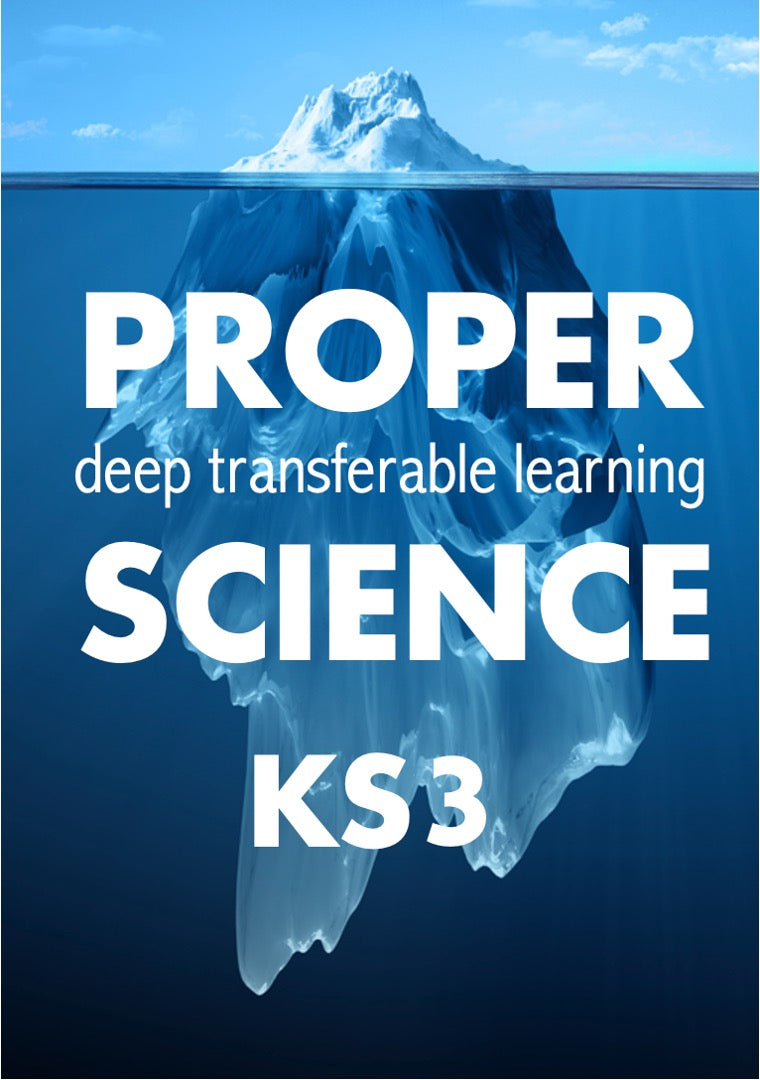Density teaching sequence
Density teaching sequence
Couldn't load pickup availability
Sequence
Activate Pre-assessments to check prior concept understanding
Acquire Explorations to build concepts by explaining phenomena
Apply (Practice Book, sold separately) Extensive problem-solving
Assess Diagnostic quizzes to identify weak understanding
Analyse Challenges to use higher-order thinking
Activate
Students carry out a series of tasks to reveal their prior understanding of mass and volume and how they relate to the concept of ‘heaviness’.
Acquire
Lesson 1: Students are set the task of explaining a magic trick that involves floating and sinking. In this lesson they explore the concept of ratio on order to understand density, and learn how to calculate density using a formula.
Lesson 2: Students investigate how density affects an object’s ability to float or sink in order to explain their trick.
Apply (see Mastery Practice Book)
Apply Practice Book: problem 1.2 Explain floating & sinking (p6), and 1.3 Calculate density (p8)
Assess
Diagnostic quiz to check if students have acquired and can apply the concept: density
Analyse
Students predict what will happen to a floating ball when the temperature of the surrounding water increases.
Test

Interesting to read, easy to follow and enjoyable.
Proper Science KS3 Sample material
School learning recently, particularly during and since the covid lockdown, has used little but books & worksheets with few practical or discussion experiences for students. These limited ideas have made the sciences 2D subjects, without relevance to daily activities or uses in everyday situations. This course can incrrease students' participation in the other, essential experiences needed to develop understanding and application oportunities, which can improve student interest in the wider uses of scientific ideas and also involvement in their learning processes.
Engage part is really engaging because it links the topic to real-life problems. It also has a cross-curricular link with history.
Looking for a differentiated worksheet, couldn't find one for this topic. Maybe it is not here, but part of other resources.
Really clear to understand, kids would love it.
